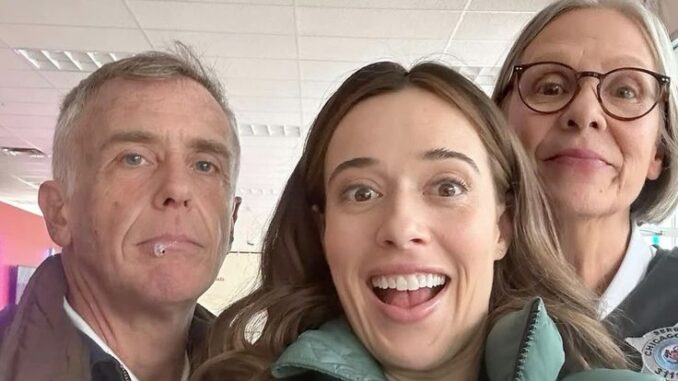
The highly anticipated fall return of the “One Chicago” franchise – encompassing the beloved dramas Chicago Fire, Chicago P.D., and Chicago Med – is usually met with unbridled excitement from its dedicated fanbase. However, this year, anticipation is tinged with a degree of apprehension and even controversy, as NBC has reportedly made some significant decisions that will undoubtedly impact the viewing experience. These changes, largely driven by the evolving landscape of network television and increasing pressure for cost-efficiency, center on reduced episode counts and a more flexible approach to cast appearances, stirring debate among long-time loyalists.
The primary point of contention revolves around the decision to shorten the upcoming seasons for all three shows. Traditionally, “One Chicago” series have adhered to a robust 22-episode format, a staple of network television that allows for deep dives into character arcs and intricate, sprawling plotlines. The shift to a 21-episode season might seem like a minor adjustment on paper, just one less hour of content. However, for a franchise built on the consistent presence of its ensemble casts and the slow burn of its storytelling, even a single episode reduction can ripple through the narrative structure, potentially compressing storylines or rushing character developments. Fans, having invested years in these characters and their professional and personal lives, naturally feel protective of the time spent with them. Less screen time, even marginally, translates to fewer moments with their heroes from Firehouse 51, the Intelligence Unit, or Gaffney Chicago Medical Center.
Compounding this is the trend towards flexible cast appearances, which has become more pronounced in recent seasons and is expected to continue. While leading actors like Taylor Kinney, Jason Beghe, and S. Epatha Merkerson have inked new deals, ensuring their presence, the shows are increasingly embracing a model where not all series regulars appear in every episode. This strategy, often implemented to manage actor schedules and reduce per-episode costs, means that beloved characters might be absent for stretches, only to reappear when their specific storyline comes to the forefront. For some viewers, this episodic rotation detracts from the immersive, continuous feel that traditional network dramas have cultivated. It can disrupt the flow of ensemble dynamics and leave fans wanting more consistent interactions from the full team.

The most acute example of this controversial shift is perhaps best observed in Chicago Fire. The show has already navigated several significant cast departures in recent years, testing the resilience of its fanbase. Now, reports suggest further changes, with actors like Daniel Kyri (Darren Ritter) and Jake Lockett (Sam Carver) potentially not returning for Season 14. Showrunner Andrea Newman’s comments hinting at “a lot of turnover and a lot of craziness going on in the CFD” only amplify these concerns. While cast changes can sometimes breathe new life into a series, too much instability can alienate viewers who have formed strong attachments to specific characters and the established chemistry within the firehouse. For many, the consistency of the cast is as vital to the show’s identity as the thrilling rescues and dramatic storylines.
These decisions, while controversial from a fan perspective, are undeniably rooted in the economic realities facing traditional television networks. The proliferation of streaming services, coupled with shifts in advertising revenue and viewership habits, has put immense pressure on production budgets. Networks are seeking ways to deliver high-quality content more efficiently. Reducing episode counts and optimizing cast appearances are direct methods of controlling costs. The hope is that these adjustments will ensure the long-term viability of popular franchises like “One Chicago,” allowing them to continue for many more seasons, albeit in a slightly altered form.
However, for the passionate “One Chicago” audience, the debate isn’t just about economics; it’s about the emotional investment they’ve made. They value the deep character development, the intricate crossovers, and the sense of community that the franchise fosters. The challenge for NBC and Dick Wolf Productions will be to prove that these controversial changes won’t dilute the essence of what makes “One Chicago” so special. Can they maintain the high standards of storytelling and character engagement while navigating a leaner production model? Only time will tell if these strategic decisions pave the way for continued success or if they inadvertently erode the loyal fanbase that has sustained the franchise for over a decade.
